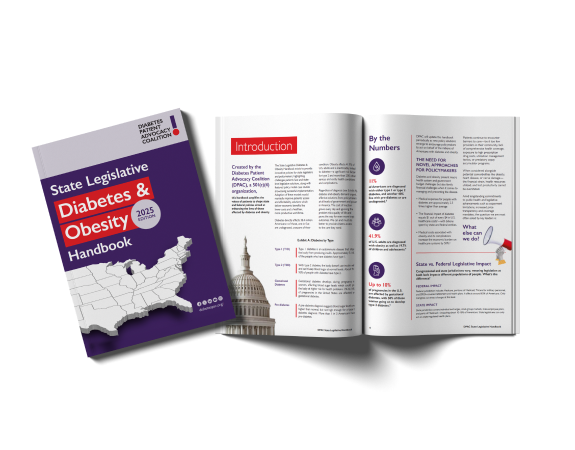Scoring Criteria
Rebate Pass-Through: Requires pharmacy benefit managers (PBMs) to pass through a portion ofdrug rebates to patients at the point of sale, lowering to lower the cost of prescription drugs.
Comprehensive Medicaid Coverage for CGM: Ensures that beneficiaries with diabetes have access to Continuous Glucose Monitors (CGM) and related supplies as part of their healthcare benefits.
Insulin Copay Cap: Limits the amount individuals with diabetes have to pay out-of-pocket for insulinby imposing a maximum limit on patient cost-sharing.
Diabetes Supply Copay Cap: Set a maximum limit on out-of-pocket costs for various diabetes supplies, such as glucose test strips, lancets, insulin pumps, and continuous glucose monitors (CGMs).
Copay Accumulator Ban: Prohibit health insurers and PBMs from applying copay accumulator programs which prevent third-party copay assistance from counting toward a patient's deductible or out-of-pocket maximum
First Dollar Coverage for Diabetes Care: Patient cost-sharing benefits begin without requiring theinsured individual to pay a deductible or other out-of-pocket expenses first, ensuring that essentialdiabetes-related services, treatments, and medications are covered immediately, minimizingfinancial barriers for patients.
Emergency Access to Insulin: Permits pharmacists to dispense a 30-day supply of insulin inemergency situations where the prescriber isn’t available.
Diabetes Action Plan: Strategic frameworks developed by state entities that include specific goals,strategies, and initiatives aimed at prevention, early detection, better management, and improvedhealthcare services for individuals living with and at risk for diabetes.
Diabetes Caucus: Legislative caucuses focused on diabetes are groups of lawmakers who cometogether to address issues related to diabetes, such as raising awareness, advancing diabetes-related legislation, and promoting policies that improve diabetes care and management




















.png)
.png)
.png)
.png)
.png)
.png)
.png)
.png)






















































































.png)
































